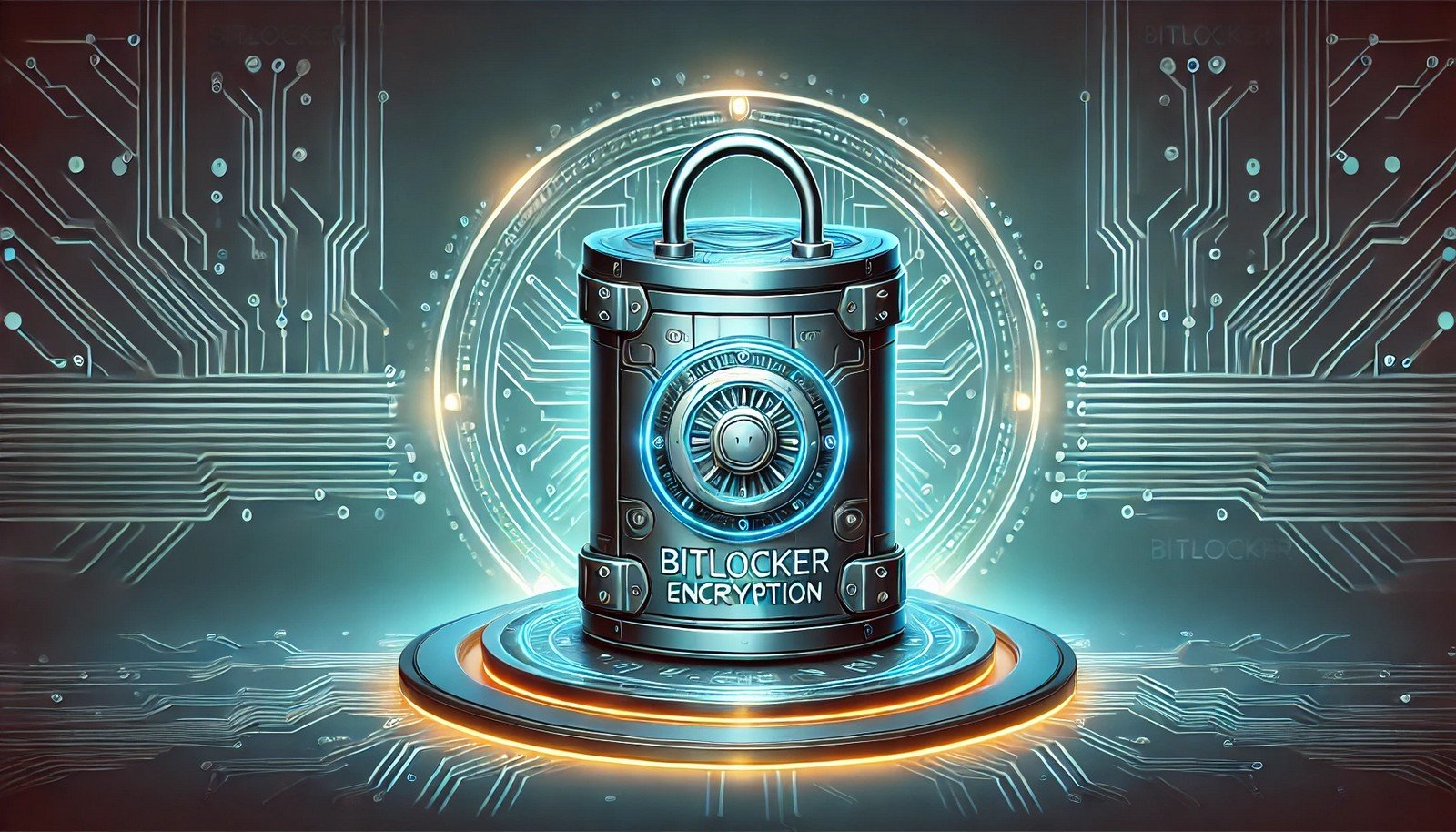BitLocker

(Representational Image | Source: Dall-E)
Quick Navigation:
- BitLocker Definition
- BitLocker Explained Easy
- BitLocker Origin
- BitLocker Etymology
- BitLocker Usage Trends
- BitLocker Usage
- BitLocker Examples in Context
- BitLocker FAQ
- BitLocker Related Words
BitLocker Definition
BitLocker is a full-disk encryption feature included with Microsoft Windows, designed to protect data by encrypting entire volumes. It leverages the Trusted Platform Module (TPM) for enhanced security, ensuring that data remains inaccessible without the proper authentication method, such as a PIN, USB key, or recovery key. BitLocker uses the AES encryption algorithm to secure data at rest, preventing unauthorized access in case of theft or loss.
BitLocker Explained Easy
Imagine you have a treasure chest, and you lock it with a special key so no one else can open it. Even if someone finds the chest, they can't see what's inside without the key. BitLocker works like that for your computer—it locks all your files with encryption so only you can open them.
BitLocker Origin
BitLocker was introduced with Windows Vista in 2006 as a way to enhance security for enterprise and consumer users. It has since evolved with improvements in cryptographic strength and usability across Windows versions.
BitLocker Etymology
The name "BitLocker" combines "Bit," referring to digital information, and "Locker," symbolizing security and protection.
BitLocker Usage Trends
BitLocker has become a critical tool for businesses and individuals looking to secure sensitive data. With increasing cybersecurity threats, its adoption has grown in corporate environments, particularly in industries like healthcare, finance, and government. Over time, Microsoft has enhanced its capabilities, integrating it more deeply with enterprise security policies.
BitLocker Usage
- Formal/Technical Tagging:
- Encryption
- Data Security
- Windows Security - Typical Collocations:
- "Enable BitLocker encryption"
- "BitLocker recovery key"
- "BitLocker drive protection"
- "BitLocker to Go"
BitLocker Examples in Context
- A company uses BitLocker to encrypt employee laptops to prevent data breaches if a device is lost.
- A user enables BitLocker on a USB drive to secure personal documents while traveling.
- IT administrators deploy BitLocker enterprise-wide to comply with data protection regulations.
BitLocker FAQ
- What is BitLocker used for?
BitLocker is used to encrypt entire disks, protecting data from unauthorized access. - How do I enable BitLocker?
You can enable BitLocker through Windows settings under "Device Encryption" or "Manage BitLocker" in the Control Panel. - Does BitLocker slow down my computer?
BitLocker has minimal impact on performance due to modern hardware optimizations. - Can BitLocker encrypt external drives?
Yes, using BitLocker To Go, external USB drives and storage devices can be encrypted. - What happens if I lose my BitLocker recovery key?
Without the recovery key, you may be unable to access your encrypted drive. It's recommended to back it up securely. - Is BitLocker available on all Windows versions?
No, BitLocker is available on Windows Pro, Enterprise, and Education editions but not on Windows Home. - Can BitLocker be hacked?
While no encryption is 100% unbreakable, BitLocker is considered highly secure if used correctly with a strong password and TPM. - Does BitLocker require a TPM?
No, but using a TPM enhances security by protecting encryption keys at the hardware level. - Can I disable BitLocker after enabling it?
Yes, you can decrypt your drive and disable BitLocker through the Control Panel. - How secure is BitLocker compared to other encryption tools?
BitLocker provides enterprise-level security and integrates well with Windows, making it a strong choice compared to third-party encryption software.
BitLocker Related Words
- Categories/Topics:
- Encryption
- Cybersecurity
- Windows Security
Did you know?
BitLocker played a significant role in cybersecurity compliance for government agencies. In 2013, the National Security Agency (NSA) approved BitLocker for encrypting classified data up to "SECRET" level, making it one of the most trusted built-in encryption solutions.
PicDictionary.com is an online dictionary in pictures. If you have questions or suggestions, please reach out to us on WhatsApp or Twitter.Authors | Arjun Vishnu | @ArjunAndVishnu

I am Vishnu. I like AI, Linux, Single Board Computers, and Cloud Computing. I create the web & video content, and I also write for popular websites.
My younger brother, Arjun handles image & video editing. Together, we run a YouTube Channel that's focused on reviewing gadgets and explaining technology.



Comments powered by CComment